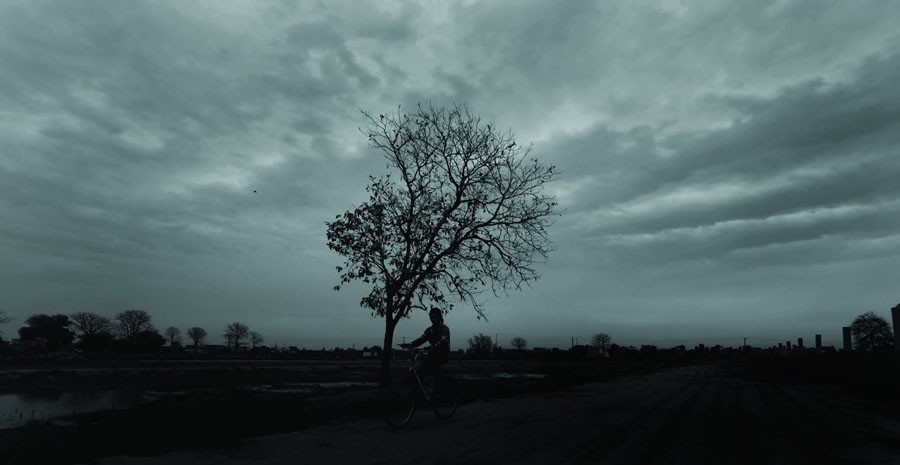
And then it becomes hard and harsh; a time of unpreparedness and vulnerability awaits

I’ve never liked winters. I always found them restrictive, if not exactly depressing. The turn of season, any season, is a fascinating time. Even the early months that herald the arrival of winter. In those months in Lahore, there is a slight nip in the air, especially in late evenings and early mornings. The smell of burning logs, by those who must spend the night out, hangs in the air.
And then it becomes hard and harsh; a time of unpreparedness and vulnerability awaits. Crossed arms squeezing the body against a piercing wind is what defines the season for me. You can’t do anything about the ice-cold hands. Try covering them with gloves and you can’t do much except perhaps walk a little more comfortably; you can’t write with gloves on or lift or feel things.
The houses are as if frozen and no amount of heating can warm them enough. As it gets colder, the fuels to heat them become scarce and that’s exactly when the sun takes a long leave of absence.
It seems the rain in winter is also a little apprehensive of coming down too heavily. What happens is little more than a drizzle and little less than a downpour, just enough to confine people more. Often, before the rains, there is fog that envelopes the city and beautifully so. But it carries within wafts of sadness; a longing for rain to clear the mist and the sun to make the earth visible again.
Perhaps at the back of my mind is the fear of the deep dark descending too soon. The night falls before you know it. While the roads and markets buzz with activity, the streets in residential neighbourhoods become quiet, spooky by evening, almost inviting you to solo walks. That is not meant to be if you’re a woman. Groups of young male friends may venture out for a smoke. Rarely, very rarely, does one of them sit on a roadside bench and start playing guitar while others sing along. That sound and laughter warms the night like nothing else.
There are other warm memories of very cold winters of childhood. Of the smell of fruity lip balm while shivering on the way to school. Of sitting endlessly in the sun on the rooftop during the prep-leave, books and notebooks in hand. Of the lazier mornings and afternoons in the sun once the exams were over, never without piles of citrus and kala namak. Of the sky dotted with kites of all hues. Or all the siblings huddled together in one quilt at night, peeling the nuts and feasting over dry fruit that was brought home only as a winter specialty. Of the hot water bottle for the cold bed that only the older people were privileged to have.
The permanent sense of unpreparedness has always been compensated by food it seems. You can beat the cold by the all too special winter foods, the haleem, harisa and siri pai, the halwas and Kashmiri chai. Long before the coffee shops opened in the city, we had the time and leisure to wait for the hand-beaten coffee which was consumed as much for taste and effect as for aroma.
Snow in winter also holds a special fascination for people in the cities. For the mountain people, snow means a lot of hardship but for tourists from cities, it’s a marvel. A marvel it is indeed to land in a place where everything has turned white. It happened with me the first time in London where snowfall is rare. I woke up to a strange brightness in the room and as I looked out of the window, what I saw was so overwhelming I couldn’t believe my eyes.
Also read: When comforts and delights culminate
Winter evokes contradictions: it means death to some and coming together to others. For an introvert, parties do not work. She must learn to deal with winter, to the best of her abilities.
It turns out you can never prepare enough. Crossed arms squeezing the body against a piercing wind is what defines this winter as well. There are people dying, losing livelihoods. The fear of the deep dark descending too soon does not lurk anymore. The night has fallen before we knew it.